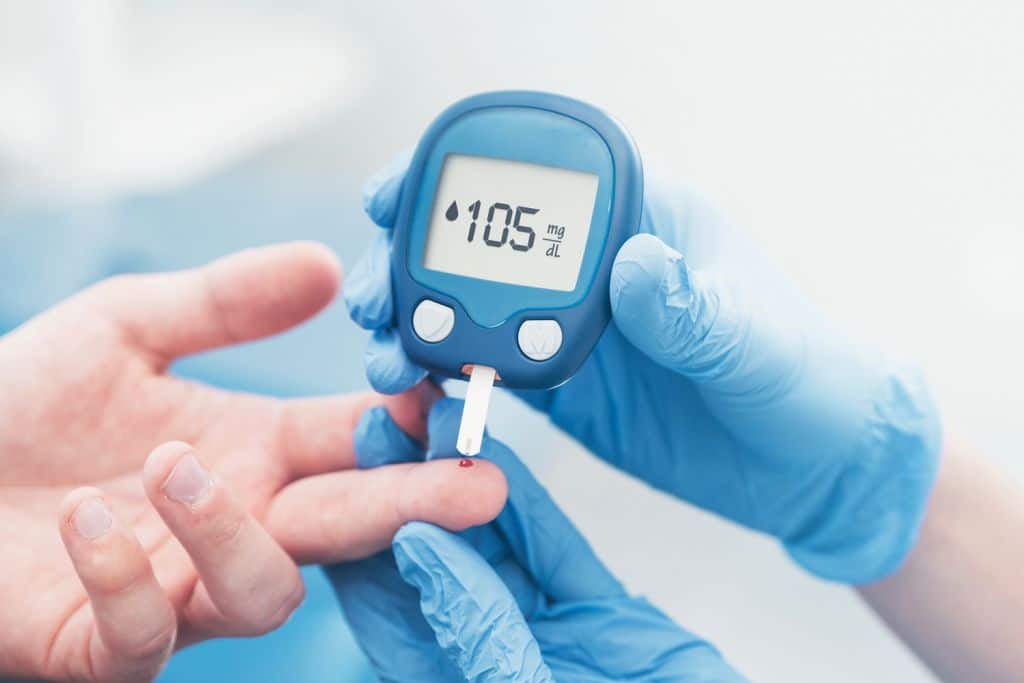Newsletter Signup - Under Article / In Page
"*" indicates required fields
A U.S.-based biotech yesterday (September 21) reported additional biomarker results for a treatment of type 2 diabetes (T2D) from a phase 1 study. Glyscend Therapeutics, has been looking at orally administered drug GLY-200, which is a gut-restricted therapeutic.
The company also received clearance from the U.S. Food and Drug Administration (FDA) on an Investigational New Drug (IND) application to evaluate GLY-200 for the treatment of T2D and has initiated a phase 2 clinical trial in patients with the condition.
Glyscend says that metabolic surgery is a highly effective but invasive treatment for T2D and works in part by excluding the duodenum (the upper small intestine) from the digestive tract. GLY-200 is taken orally and is designed to mimic this duodenal exclusion by enhancing the natural mucus barrier in the duodenum.
Glycemic and bodyweight control
This pharmaceutical approach may non-invasively and safely reproduce many of metabolic surgery’s beneficial effects including improvements in glycemic and bodyweight control.
Results from Glyscend’s preclinical in vivo study showing retention of GLY-200 in the duodenum will be presented at the European Association for the Study of Diabetes (EASD) 2022 annual meeting this month.
As previously announced by the company, in a completed single and multiple ascending dose (SAD/MAD) phase 1 trial that enrolled 64 healthy adult volunteers, GLY-200 was well-tolerated with no safety signals observed.
Exploratory endpoints
Today, Glyscend reported key results from the study’s exploratory endpoints indicating that 5-days dosing with GLY-200 resulted in statistically significant effects on glucose, insulin, and bile acids, and was associated with changes in gut hormones such as GLP-1 and glicentin compared to placebo.
These results were consistent with the effects observed following metabolic surgery and use of duodenal exclusion devices. Topline results of this study will be presented at The Obesity Society annual meeting, Obesity Week 2022, in November.
Principal investigator of the phase 1 study, Christopher Rayner, said: “These new biomarker results are very encouraging and strongly suggest that GLY-200 is modulating gut signaling in humans.
First clinical evidence
“Duodenal exclusion, via metabolic surgery and devices, is a validated mechanism for the treatment of type 2 diabetes and obesity, but few patients have access to these treatments due to the invasiveness of the procedures. These data represent the first clinical evidence that duodenal exclusion may be possible with a non-invasive, orally administered, pharmaceutical treatment.”
The initiation of the phase 2 trial follows FDA clearance of the company’s IND application for GLY-200 for T2D.
Glyscend’s CEO, Ashish Nimgaonkar, said: “We are thrilled to have expeditiously advanced GLY-200 into the Phase 2 trial in patients with T2D. Type 2 diabetes remains a dangerous, growing, and expensive endemic worldwide, with a severe lack of pharmaceutical innovation over the last 15 years.
Accelerated timelines
“The U.S. FDA’s recently revised guidance that eliminated cardiovascular outcomes trial requirements prior to approval of new T2D drugs will accelerate the clinical development timelines for GLY-200. The totality of the phase 1 and preclinical data generated to date give us confidence in its therapeutic potential in T2D, and we are proud of what this milestone means, not just for the company, but for the many T2D patients who struggle daily with this condition.”
The phase 2 trial is a randomized, double-blind, placebo-controlled study of orally administered GLY-200, as an adjunct to diet and exercise, in patients diagnosed with T2D whose blood glucose levels have been inadequately controlled with metformin.
Key objectives of the study are to evaluate the safety and tolerability of GLY-200 following 14 days of twice daily dosing. In addition, efficacy will be assessed by evaluating changes in fasting and postprandial glucose, insulin, and gut hormones. The phase 2 trial is actively enrolling patients, and Glyscend expects to report initial clinical data in the first half of 2023.
Debilitating consequences
“Diabetes is a progressive disease that requires the addition of multiple drug therapies over time to maintain glucose and weight control. Despite currently available therapies, half of patients in the U.S. suffer from uncontrolled diabetes, which can have debilitating consequences,” said John Buse, chief, division of endocrinology and director of diabetes at UNC School of Medicine.
“The potential for an oral, non-absorbed therapy with a unique and complementary mechanism of action is a highly attractive offering to the T2D community. Patients need new options, and I am intrigued by the disease-modifying potential of this novel therapy.”
Type 2 diabetes (T2D) affects approximately 500 million people worldwide and is characterized by complex metabolic dysfunctions resulting in high morbidity and mortality and significant treatment costs. The current standard of care begins with lifestyle alterations and escalates through oral drugs, injected medications, insulin, and, in a select few, metabolic surgery.






